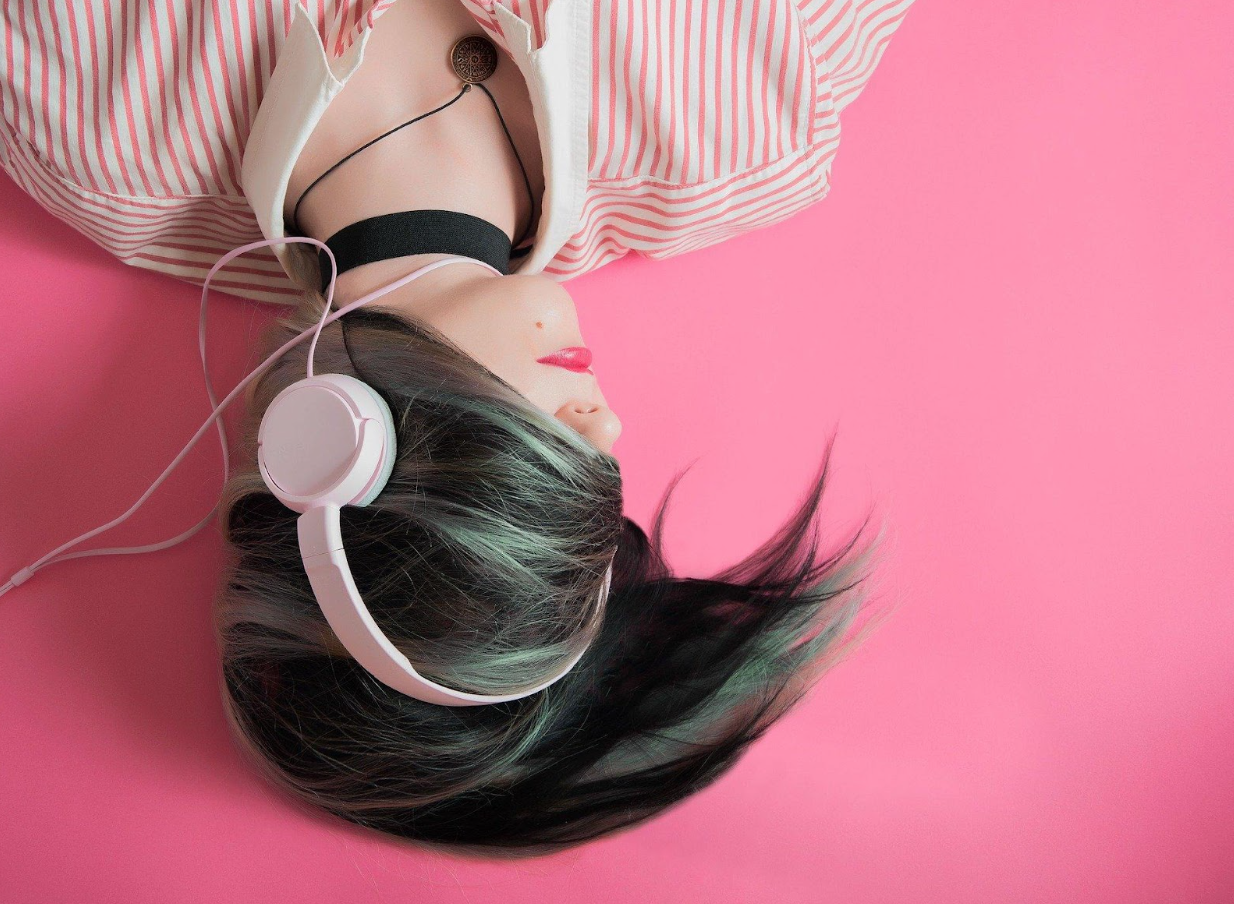Music and art are interesting aspects of human existence. Some attribute its existence and positive impact on our lives to magic. However, it wasn’t until recently that we had scientific explanations for these impacts, and we will bring to you some ways music and art help the brain.
Below we will look at some benefits of art for the brain first before moving to that of music:
How does Art Help the Brain?
We Are Made to Appreciate Art
According to this study from the University of Toronto, it appears that art appreciation is a natural biological process for which our brains are designed. The study in question consisted of a review of various investigations on analyzing brain activity related to art.
The researchers found that when looking at paintings and forming an opinion about them, numerous parts of the brain are activated, such as areas related to the recognition of objects and scenes (obviously), as well as areas related to emotional experiences, learning, and the regulation of movements.
By carefully studying how these brain parts are activated, the researchers found that it happened similarly, in a predetermined way. The scientists say in their study that it is an “activation in a distributed system,” which suggests that it is a predetermined design in the structure of our brain.
Art Improves Brain Function
As this study shows, each artistic expression activates different brain parts, making it a great way to stimulate our intellect and creativity. Other research shows us that problem-solving abilities in children are also enhanced, as well as memory and learning capacity.
Not only that, but each artistic expression has qualities that enhance aspects of our performance in other areas. How is that? For example, research shows that children who receive music education perform better in math, language, and reading comprehension.
Also, although it seems incredible, it influences better body posture and motor responses since the connectivity between the sensory and motor areas of the brain is increased, also improving blood flow. These benefits also remain throughout the life of the person.
On the other hand, the visual arts also have great benefits: they improve brain plasticity, IQ, and attention span. They also reduce impulsivity and improve behavior in children.
Even practicing theater has multiple positive consequences: it improves vocabulary, self-control, self-esteem, helps with kinesthetic memory, allows you to convert abstract concepts into concrete ones, fosters tolerance, and also improves learning in the area of literature, among many, many other benefits.
How does Music Help the Brain?
Below are the ways music helps the brain:
It Influences Moods
Pythagoras himself used it to mitigate the negative emotions of his students.
This is because music also impacts the areas of the brain responsible for movement and primary emotions. It is also highlighted that it minimizes the symptoms of anxiety and stress since it stimulates the secretion of neurotransmitters such as dopamine, endorphins, and oxytocin, which make us feel happier.
Moods are linked to music because melodies are capable of changing hormonal secretion.
Stimulates Memory
It can be an excellent treatment to keep memory more active. It is not only about listening to music but also about stimulating them to make music with instruments or write lyrics.
Finally, music stimulates memory by evoking past moments. It is as if some songs give access to your archive of memories to bring them to the present. This way, you stimulate that part of the brain where your memories are stored.
This was verified in a study in which it was concluded that this phenomenon not only applies when you listen to music that you like but also when you listen to the music that your parents or grandparents listen to.
Strengthens Cognitive Function
Music improves students’ academic performance and has been proven to influence creative processes. A study identified that happy music stimulates divergent thinking, the type of thinking that drives us to generate new ideas.
It Helps to Fall Asleep
Music also helps to relax the body and stabilize the heart rhythm. In fact, an investigation identified music’s impact on treating sleep disorders related to patients with mental illness. Music was found to be good therapy as it relaxes these patients.
Conclusion
Music and art are essential parts of humanity, and the brain is the chief controller. We have mentioned some of the few ways in which arts and music help the brain, and we hope it provided you with the value you seek. Thanks for reading!



